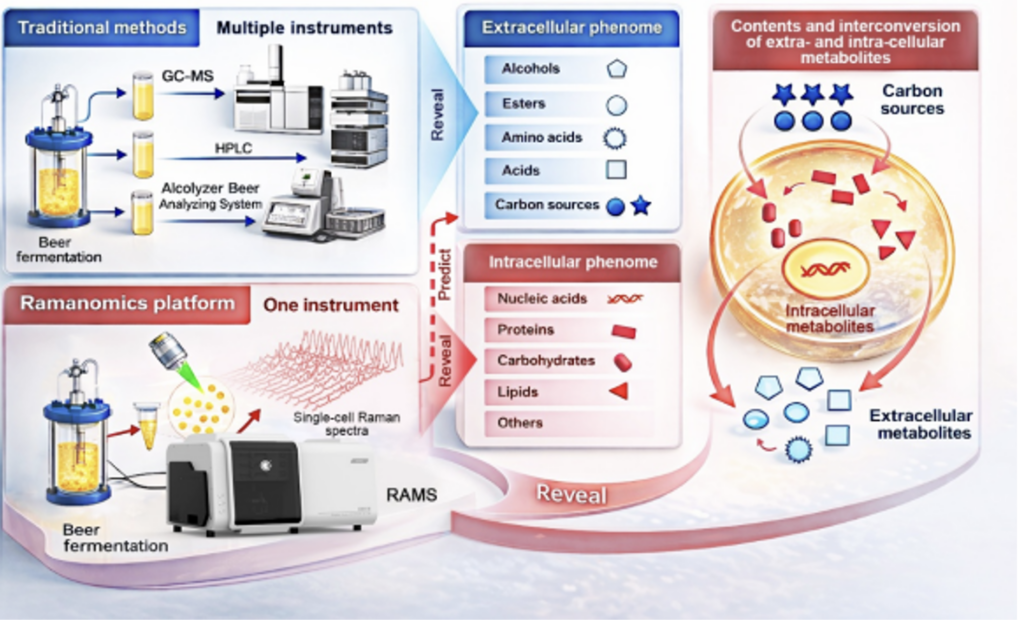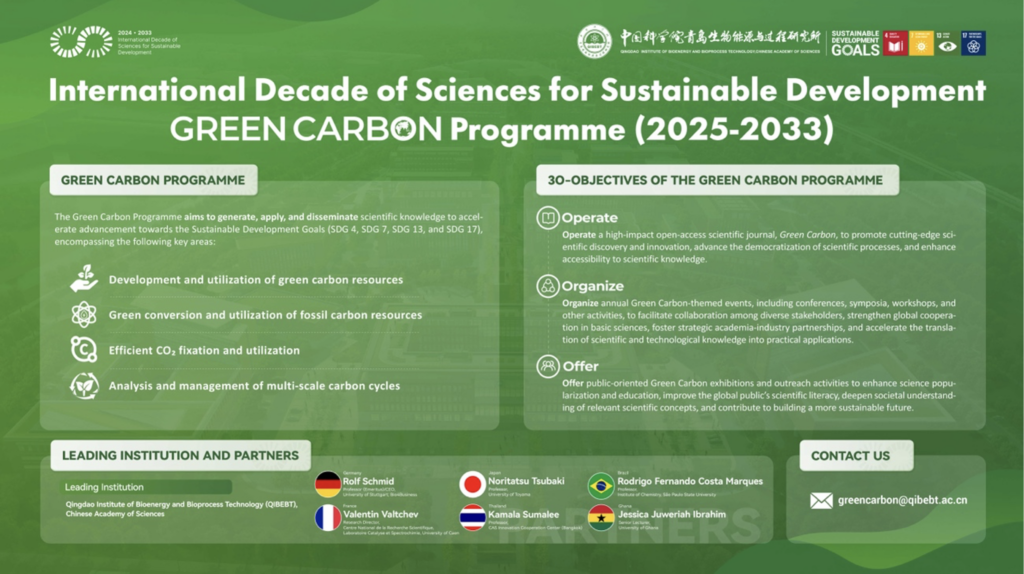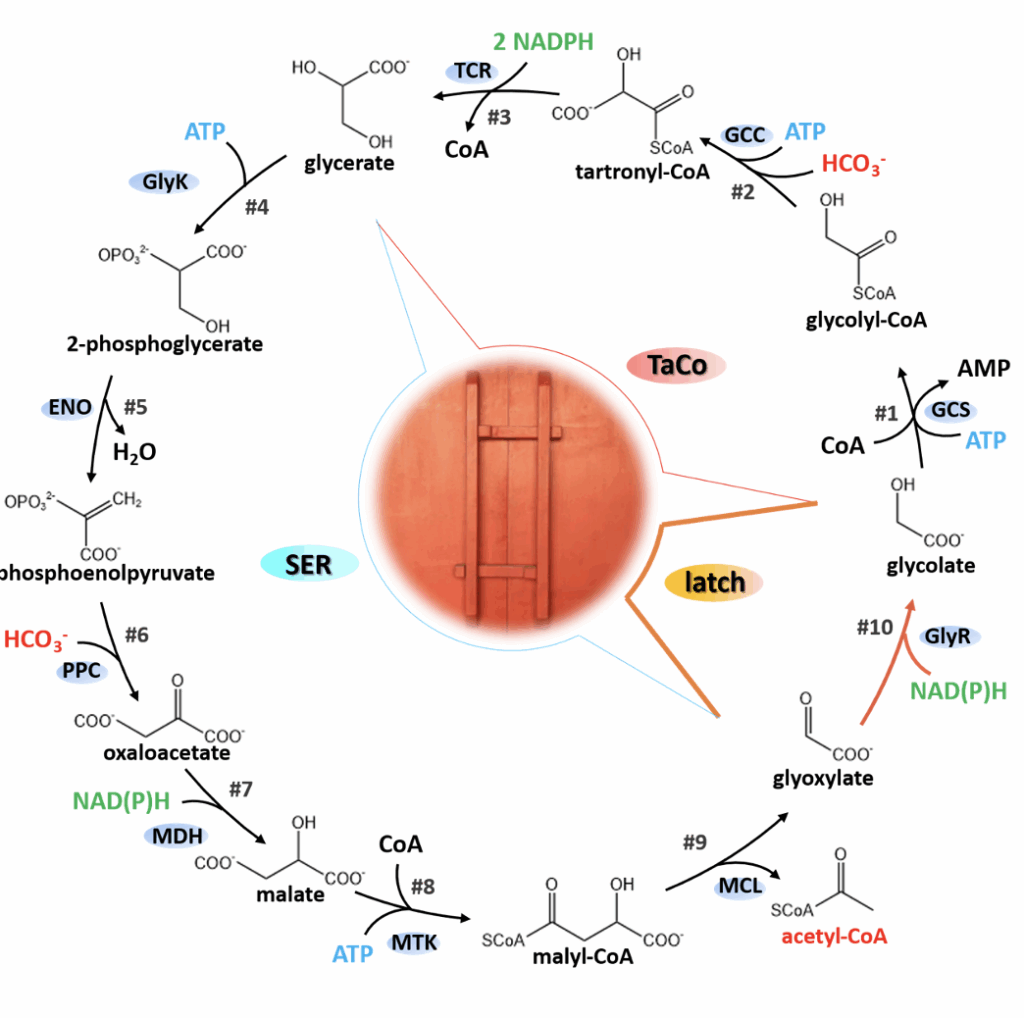https://doi.org/10.1016/j.checat.2024.101169
https://english.cas.cn/newsroom/research_news/chem/202411/t20241111_694029.shtml
Seawater electrolysis has long been seen as a promising pathway for sustainable hydrogen production but has faced significant limitations due to chloride ion (Cl⁻) corrosion, which can degrade a catalyst’s performance.
Scientists from the Qingdao Institute of Bioenergy and Bioprocess Technology (QIBEBT) of the Chinese Academy of Sciences, along with their collaborators, have developed an efficient electrocatalyst called Co-N/S-HCS that demonstrates remarkable activity and stability in seawater electrolysis. This offers a sustainable hydrogen production solution with minimal reliance on freshwater resources.
The Co-N/S-HCS electrocatalyst utilizes an asymmetric CoN₃S₁ structure, in which each cobalt (Co) atom is coordinated with three nitrogen (N) atoms and one sulfur (S) atom. This asymmetric CoN₃S₁ configuration, optimized through density functional theory and molecular dynamics simulations, modifies the electronic distribution around the Co center compared with the symmetric CoN4 configuration, thereby weakening corrosive Cl⁻ adsorption and enhancing the catalyst’s performance in seawater-based electrolytes.





